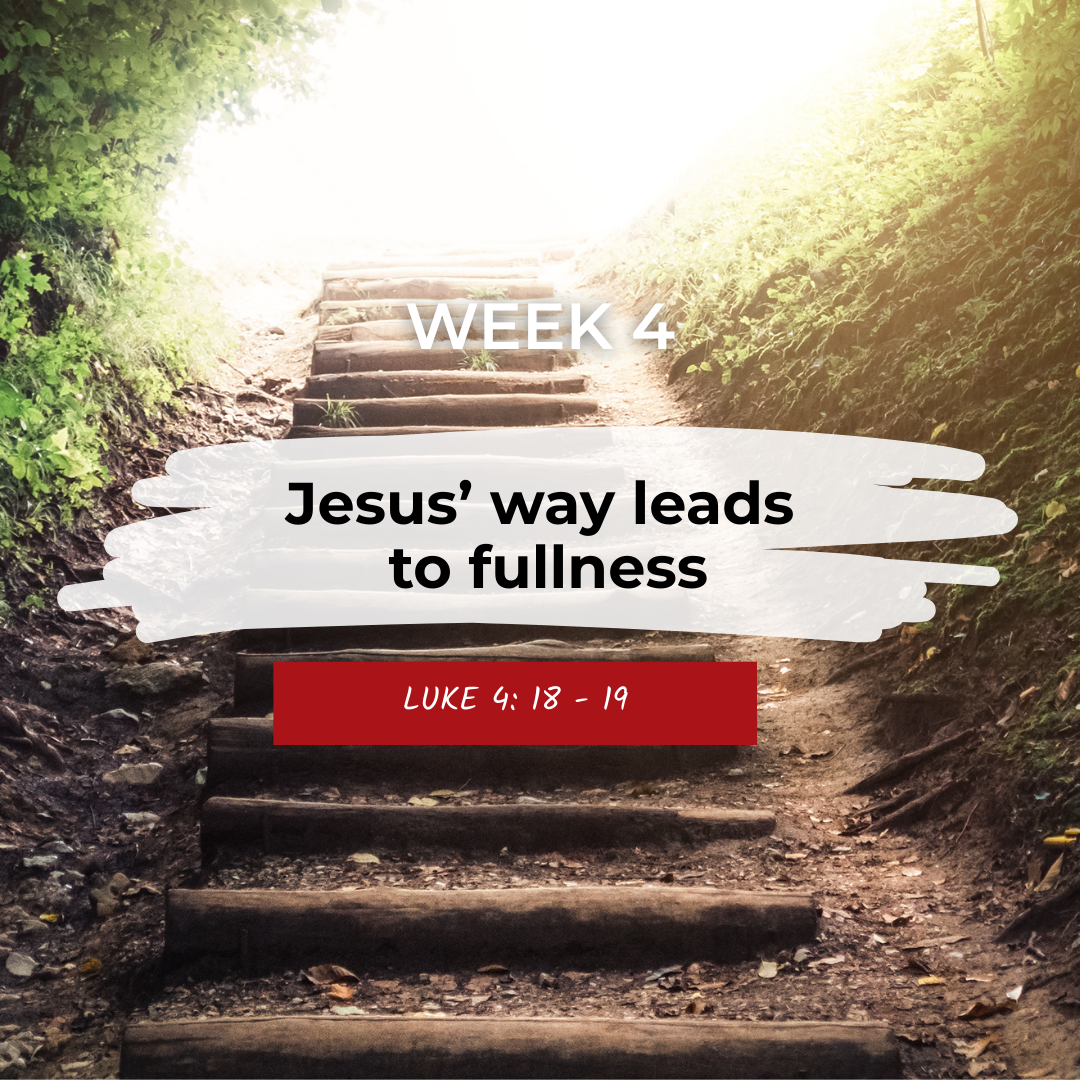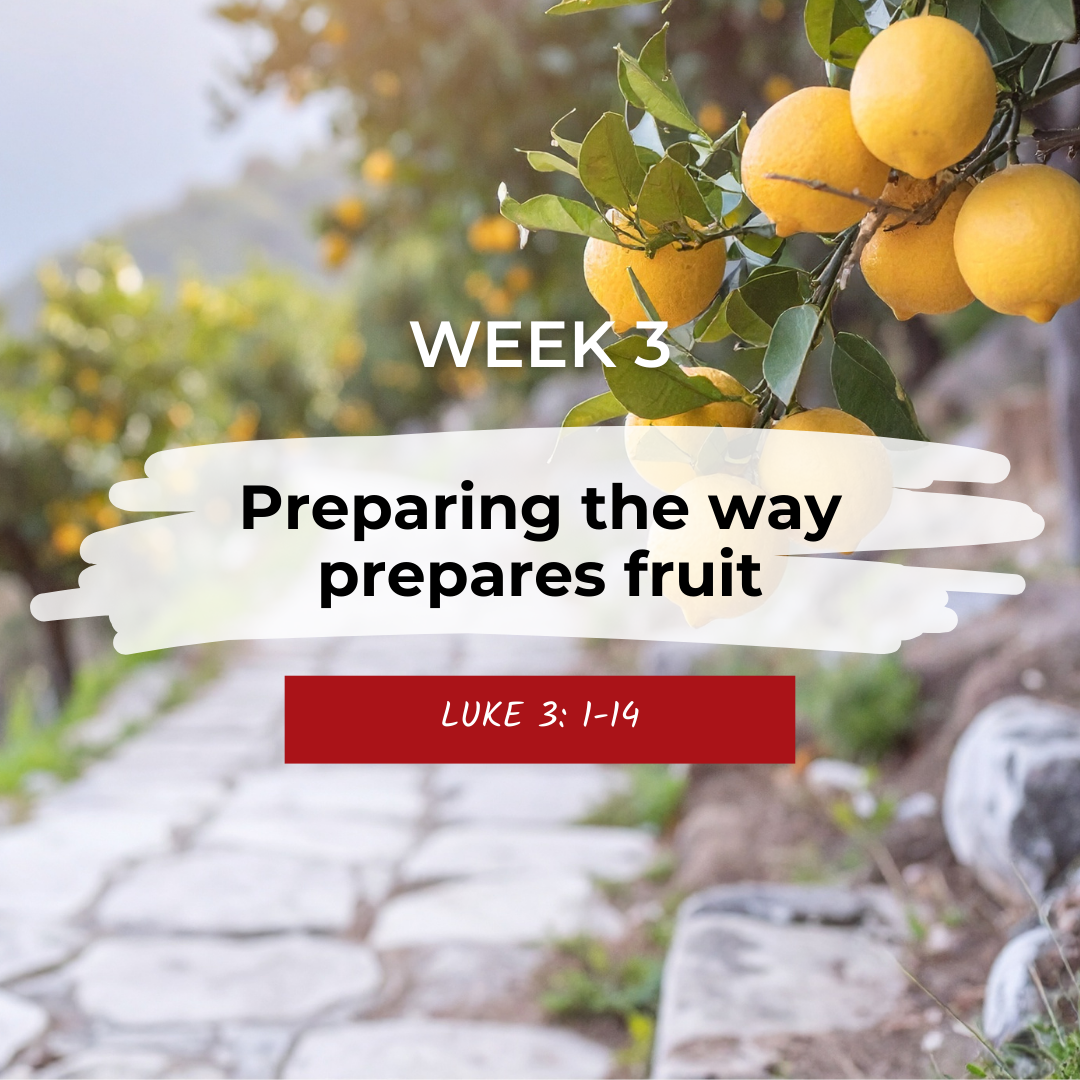COVID 19: The transition to working from home can take longer for people with vision impairment
Stories | April 21, 2020
Graeme Turner tells his story.
I sit at my office desk. And although that’s not normally the way to start, it’s vital for this story. And while my desk is now at home, I’m still fired up to engage with so many of our wonderful supporters because, as you know at a time like this, those with disabilities in developing countries need help more than ever. But what about CBM staff like myself?
Because I have a vision impairment, I’m normally set up magnificently at work with an adapted computer that reads out all the information I need for my job of talking with our benevolent supporters. But in the teeth of COVID-19, I’m at home, in a different space and with a computer that’s currently not set up to read the data which enables me to perform my work.
I was born with glaucoma, just like the adult version, but this condition significantly impaired my vision. Some days the fluid would build up in the eye to the point that I was trying to read through an impenetrable white fog. In later years my sight deteriorated, and surgery made it even worse. For a month I was curled around a knob of red pain. Would it ever pass?
One day however, that dark cloud of suffering lifted. Perhaps it was a coincidence, but it was the very time I met a girl and began dating. This activity only lasted a couple of months, but it broke the spell.
I’d just moved from my parents’ home. Would I be able to stay? I was determined to be independent. An occupational therapist visited and helped me to modify the kitchen and develop cooking skills. I was making progress.
I’ve been particularly drawn to the work of CBM because I figure that if it’s tough enough dealing with vision impairment in our privileged country, how can I not be concerned for those in the poorest parts of the world. This workplace touches on my lived experience, but my faith also drives a hunger for justice and reaching out to the most marginalised.
Sometimes a situation can feel particularly dark. I was dropped off in the wrong street by a cab driver. I yelled into the emptiness for help but there was no answer. Fear gripped me. Would I be left standing in this unlit street all night? At last I heard a voice across the road. It was a contractor closing up for the night. He told me I was all of two blocks from my house, but he’d drive me home. With joy and relief, I piled into the front seat of his truck. The only problem was being wedged between the door and a massive length of unforgiving metal. I was never so glad to reach home.
Times can be bleak, but with the right support there can be a way forward.
I have worked to my strengths. A play about blindness has been performed at fringe theatres. I have written poems, stories and articles, to positive responses from readers.
My situation can even provoke a laugh. One fellow, who had imbibed a few beers, decided to lead me down a flight of steps. He tripped and fell, spreadeagled.
“Mate,” I called: “Are you all right?” Who here was the most blind?
So, I sit at my home desk. I’m waiting, confident and hopeful that the right support will arrive. As with so many of our beneficiaries who are most at risk, if the appropriate support is offered then I, like them, will be able to work and live to my full potential. I’m ready to go.
Graeme Turner has worked in the contact centre at CBM for more than three-and-a-half years.
CBM is working with Vision Australia to ensure Graeme is set up at home so he can continue to engage Australian donors in the transforming the lives of people with disabilities through inclusive international development.
https://www.cbm.org.au/stories/covid-19-the-transition-to-working-from-home-can-take-longer-for-people-with-vision-impairment
Related Stories

Share your advocacy preferences with us
Thank you for helping us to advocate for the one billion people with disability globally. CBM Australia advocate across...

Advent 2025: Jesus’ way leads to fullness
The way of Jesus gives people freedom and empowers them to live out their God-given purpose. The last few weeks...

Advent 2025: Preparing the way produces fruit
John the Baptist called people to prepare for God’s presence through repentance and by producing fruit (acts of justice,...
